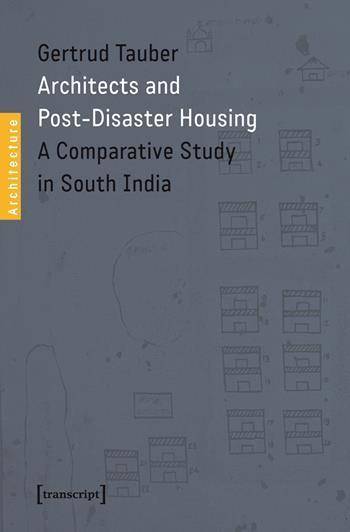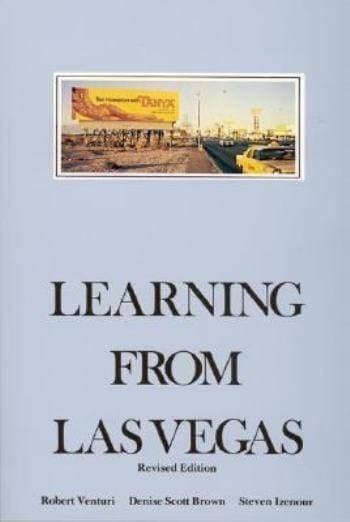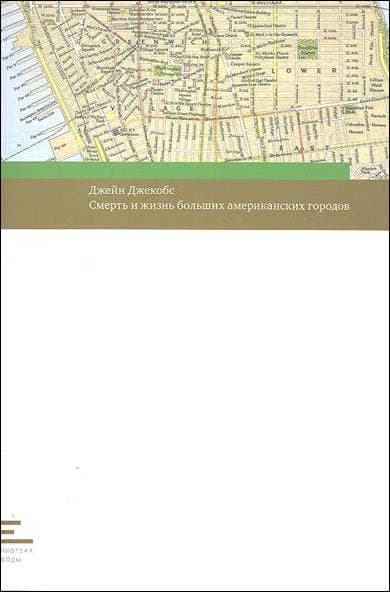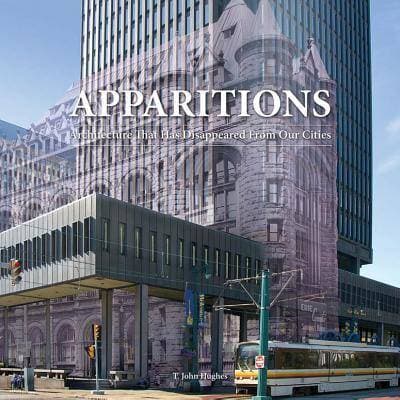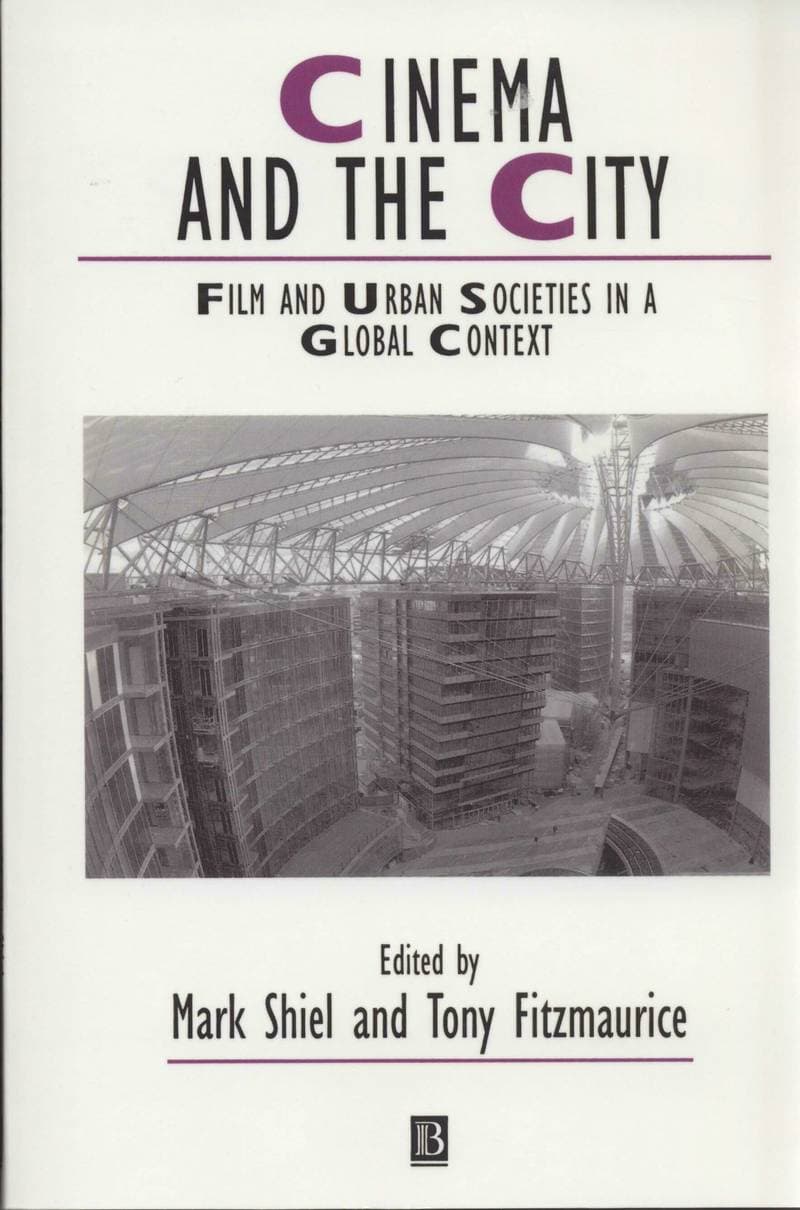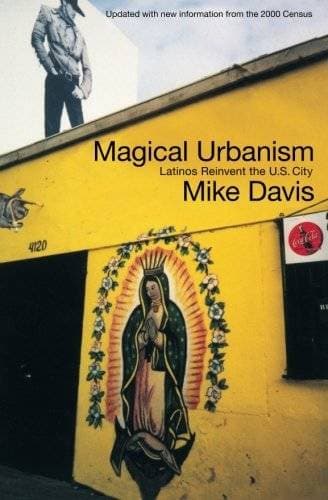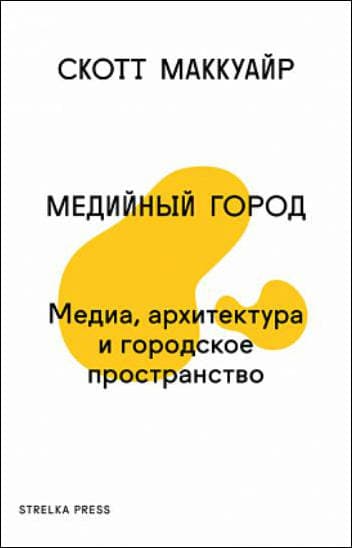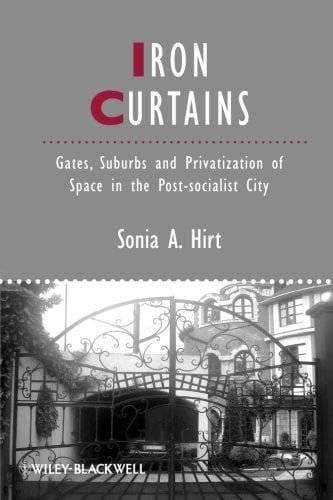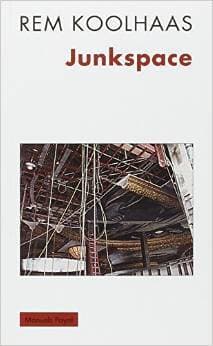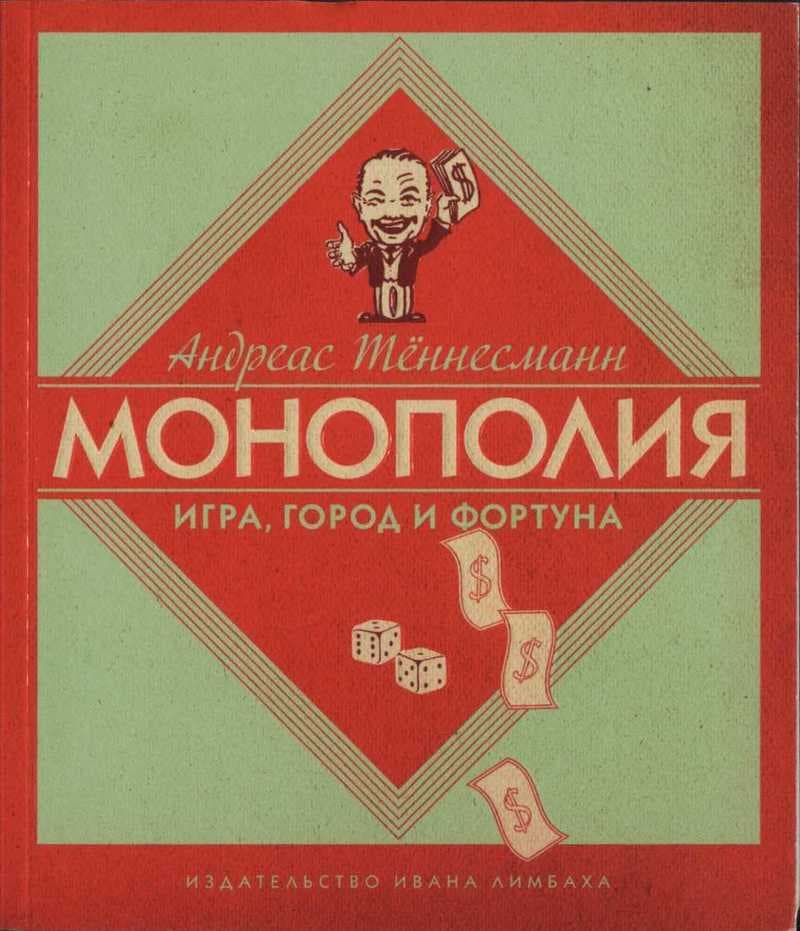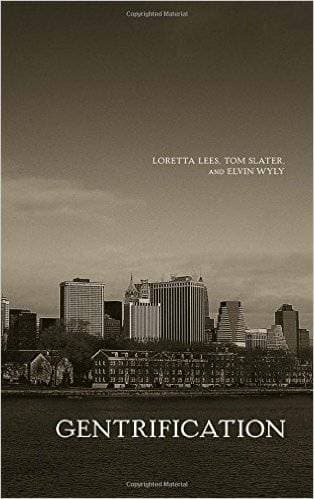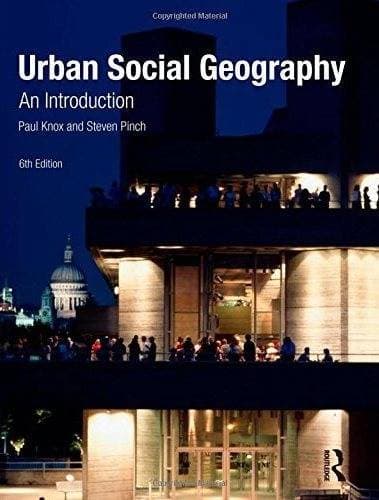Architects and Post‑Disaster Housing: A Comparative Study in South India
This book examines the different roles of architects in rural post‑disaster housing and their impact on the degree of success of the projects from villagers' perspective. It is based around the building process of three case studies affected by the tsunami of 2004 in rural South India. It identifies the critical parameters and skills required at project level during the course of the building process. The results from villages and interviews with experienced international and Indian architects, engineers and NGO representatives show that architects are often poorly equipped to work in this context. Gertrud Tauber concludes with a proposal for a course to help architects in the building of people‑oriented housing in post‑disaster environments.
Данные книги
Бильбао
2014
252 страницы
9783837628623
Доступ по запросу
Да
Да
711 Tau
1
- Learning from Las Vegas: the Forgotten Symbolism of Architectural Form1977
- Смерть и жизнь больших американских городов2011
- Apparitions: Architecture That Has Disappeared From Our Cities2015
- Я++. Человек, город, сети2012
- Cinema and the City: Film and Urban Societies in a Global Context2004
- Magical Urbanism: Latinos Reinvent the US City2001
- Медийный город: медиа, архитектура и городское пространство2014
- Iron Curtains: Gates, Suburbs, and Privatization of Space in the Post‑socialist City2012
- Junkspace. Repenser radicalement l'espace urbain2011
- Монополия. Игра, город и фортуна2013
- Gentrification2008
- Urban Social Geography: An Introduction2010
